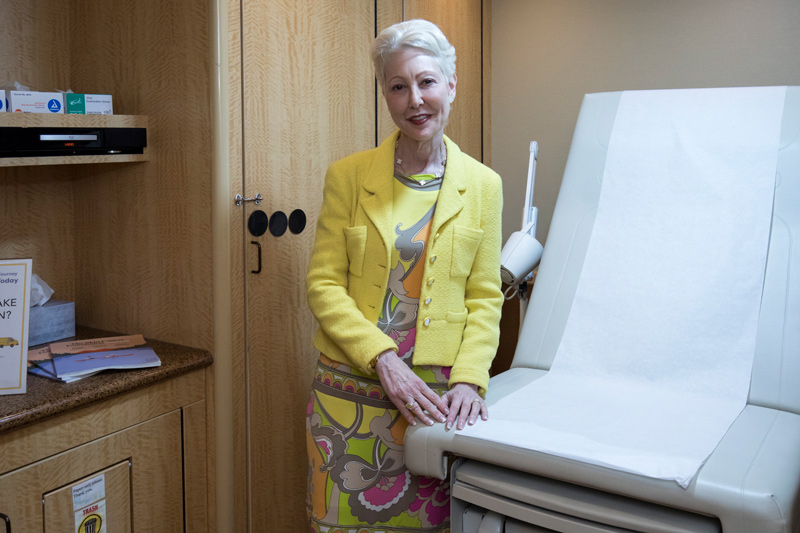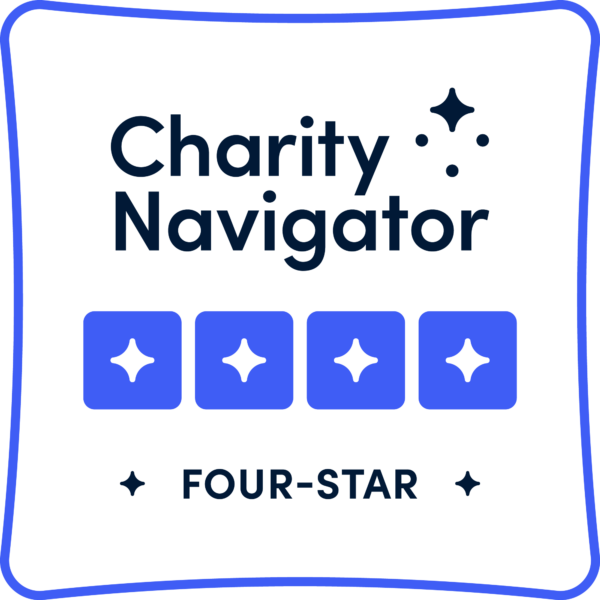By Deborah S. Sarnoff, MD
When I was 16, I had a persistent rash on my chest. My pediatrician didn’t know what it was, so he referred me to a dermatologist at NYU. Alvin Friedman-Kien, MD, walked through the doorway into the exam room, looked at me and immediately said, “Oh, you have pityriasis rosea.” He called in a bunch of residents so he could show them my rash and teach them about the condition, which often has a large patch called the “mother patch” (or herald patch), as well as smaller “daughter patches.”
I was fascinated and wondered, “How did he know what I had? He looked at my rash for one second and just knew.” At that moment, I fell in love with the words “pityriasis rosea” and the magic of “just knowing.” I went home and looked it up in my World Book Encyclopedia. It wasn’t there, so I went to the library and researched it. That’s how my future career as a dermatologist was born.
You know how, when you walk down the street and instantly recognize someone’s face? You can do that with skin lesions, too.”
Today, as a mother, Mohs surgeon, clinical professor of dermatology at NYU and president of The Skin Cancer Foundation, I love to teach. Every day I teach my patients about skin cancer and how to prevent, detect or treat it. One of the Foundation’s brochures, A Guide to Skin Cancers & Precancers, is in every exam room in my office. I flip it over and show them I was a medical reviewer of the information. Then I say, “I’m giving you this as a present, because this could save the life of someone you love.”
Knowledge is power. The skin is the largest organ, and it’s all out there where you can see it. So the more you learn about skin cancer and what to look for, the more you can do to help yourself. Every day I hear patients say, “I just knew there was something not right about that spot on my skin.” The key is to act on it.
Skin cancers are highly curable when detected and treated early and quickly. It takes knowledge, commitment and action. So I encourage you to take this teachable moment and learn as much as you can about skin cancer. The articles on this blog can help. So can The Skin Cancer Foundation’s website, with everything from how to stay safe in the sun to what to expect after a diagnosis.
And remember, if you see something, say something — to yourself, your loved ones, even someone on the beach. Then urge that person to see a dermatologist as soon as possible. That’s how to save lives and make a difference.

*This article was first published in the 2018 issue of The Skin Cancer Foundation Journal.




